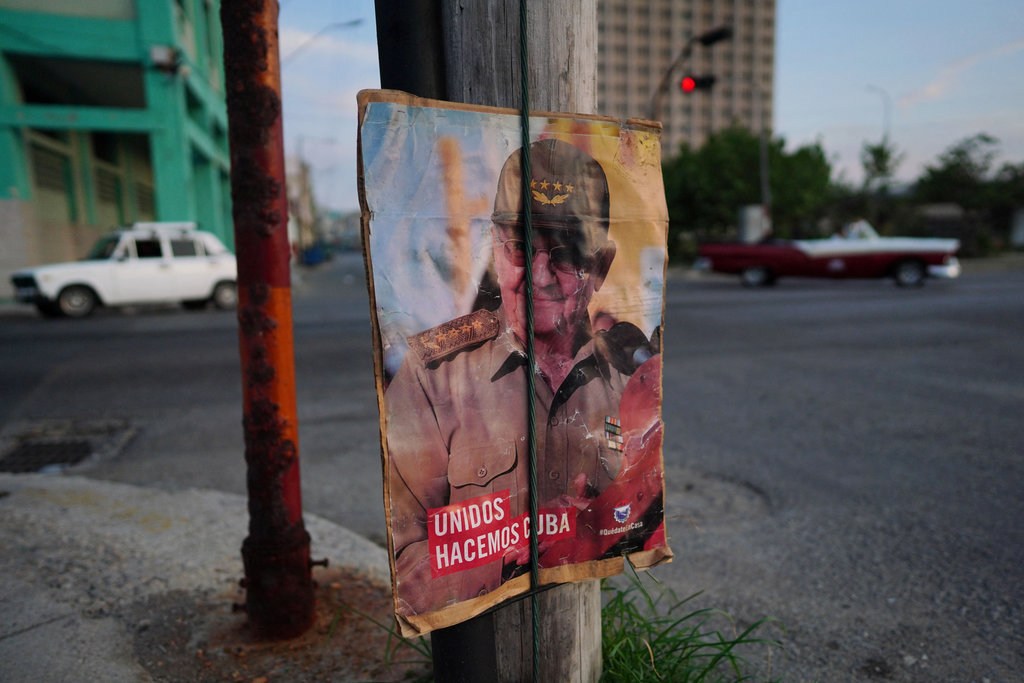
It is noteworthy that the second-highest official in power in Cuba speaks of an “economic shock,” a term taboo for decades.
By Alejandro Armengol (Cubaencuentro)
HAVANA TIMES – Well, that’s a way of saying it. For decades, the Cuban economic mishmash has defied that definition, but the regime insists on celebrating “plenary sessions,” congresses, and assemblies.
It is precisely in this week’s sessions of the National Assembly of People’s Power where Prime Minister Manuel Marrero presented the economic shock plan that will be implemented next year.
It’s noteworthy that the second-highest official in power in Cuba —and possibly at any moment could become the first— speaks of an “economic shock,” a term taboo for decades, with the denial that this could happen in Cuba and that it was one of the evils of capitalism.
Marrero said that the idea is to move to “subsidize people and not products,” and in saying that, he is correct. Although it remains to be seen who the “beneficiaries” will be.
But what’s important now is that suddenly the regime has discovered welfare, food stamps, Supplemental Nutrition Assistance Program, the basic products basket, and other means of assisting the poor. Programs that have long existed in capitalist countries —developed and not so developed— to alleviate the needs of the less fortunate, precisely because they live in capitalist countries.
In Cuba, I had been told that this doesn’t happen, that it wouldn’t happen, that it wasn’t necessary. With socialism, economic crises (typical of capitalist society) and those poor remedies for the poor would end.
In the mid-1970s, I worked for nearly


